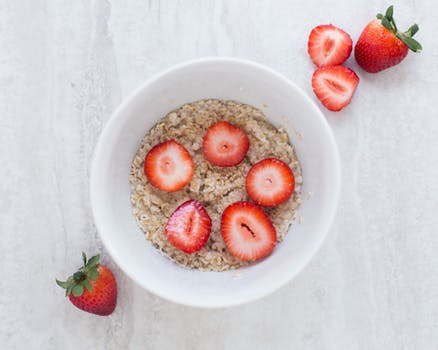
Skipping meals is common among those trying to lose weight. Some do it on purpose, while others simply don’t have time to eat several times a day. While it’s true that skipping one or two meals every now and then is harmless, doing it regularly can wreak havoc on your health. This habit affects your metabolism, triggers hunger, and leads to overeating later in the day.
What Happens to Your Body When You Skip Meals?
The human brain uses glucose (carbs) as its primary source of fuel. Every time you skip a meal, your ability to focus decreases. You may also experience fatigue, difficulty concentrating, brain fog, mood swings, and depression. This can keep you from working out and sticking to your diet.
Another side effect of skipping meals is increased hunger. This bad habit elevates cortisol levels in the blood, which in turn causes hunger and cravings. Additionally, it triggers the “fight or flight” response. As a result, your body begins to store fat for survival and slows your metabolism. Additionally, cortisol affects insulin levels and causes your body to hold excess water, so your weight will go up. Bad breath, nutrient deficiencies, bloating, and hypoglycemia may occur too.
How to Break Your Meal Skipping Habit
If you really want to lose weight, stop skipping meals and build healthier eating habits. Starving yourself isn’t the answer. Plan your meals for the week ahead and come up with menu options that support your goals. Keep low-calorie snacks at hand and eat every three to four hours. Drink a green smoothie or protein shakes when you’re not hungry.
Most dieters skip breakfast, which leaves them tired and moody. If for some reason you can’t eat in the morning, have a freshly squeezed fruit juice. Or add a teaspoon of honey to your protein shake and drink it before leaving home. The point is to fuel your body and keep your blood sugar levels stable throughout the day. This will boost your weight loss efforts and help prevent overeating.

